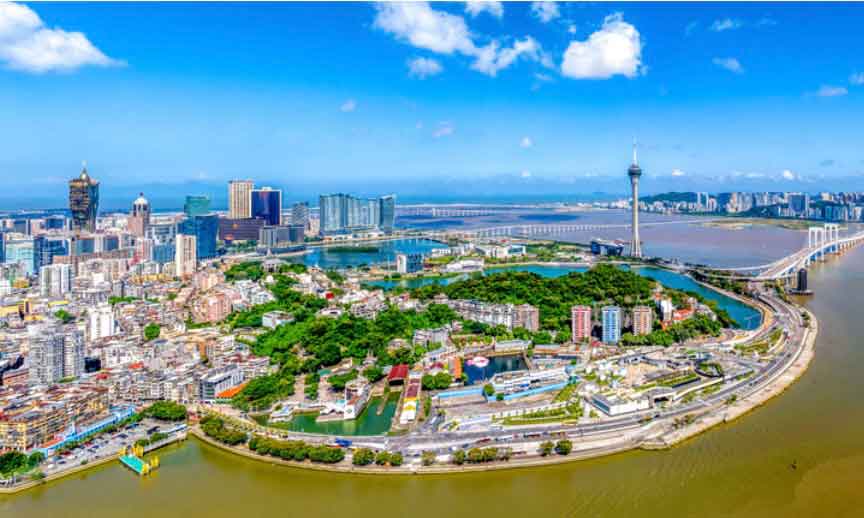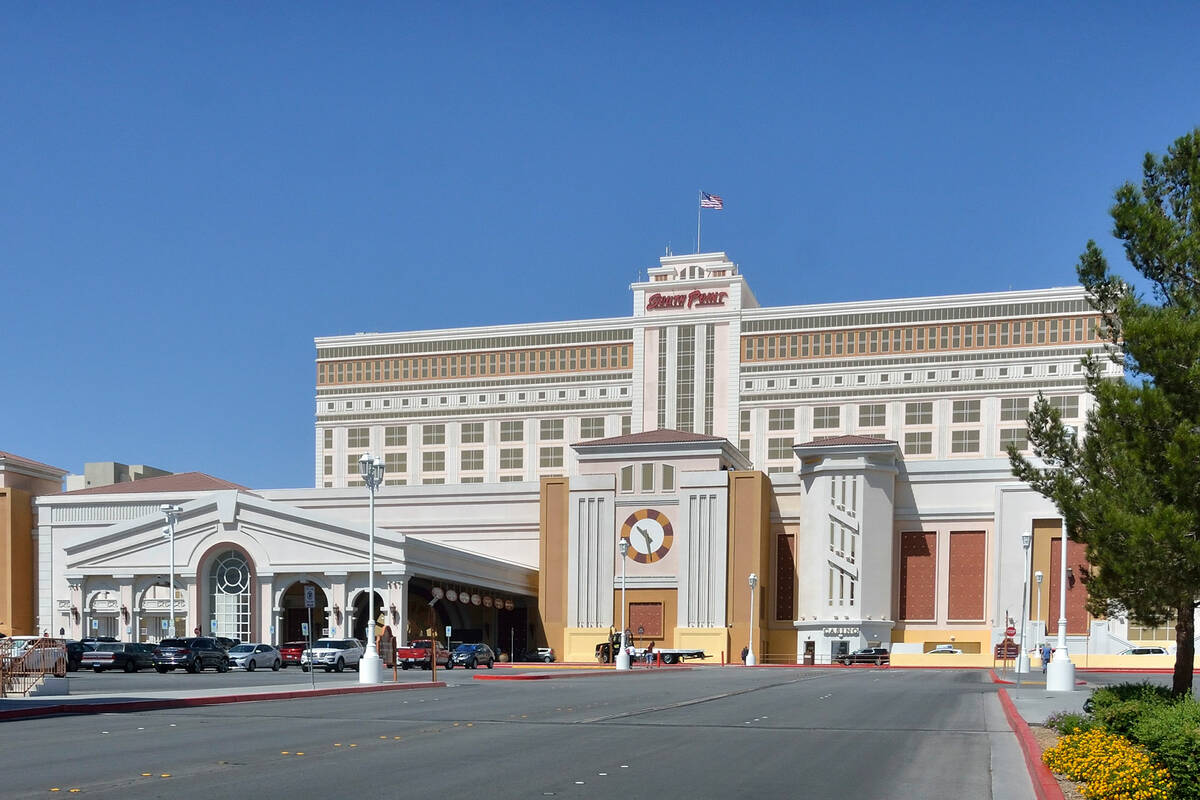New Yorkers depend on our subways, buses, and commuter rail lines to get to work, to shop, to meet friends and to visit friends and family. This amazing system costs money since it runs 24 hours a day, 7 days a week and it is more than 100 years old.
Everyone benefits from mass transit — even those who never use it, since the essential workers who staff our hospitals and keep groceries on supermarket shelves, rely on the subway everyday along with more than 250,000 students who take the train to public, independent and religious schools.
Today, we have an opportunity to generate more than $2.7 billion to support the MTA simply by building a casino on the western portion of Hudson Yards on Manhattan’s Far West Side. This is possible since a casino on that site, along with an office tower, would generate enough cash to pay for a massive deck above the railroad yards and also generate more than $600 million in revenues over 30 years to the MTA.
In a normal world, the intelligent elected officials who represent this area would recognize that all New Yorkers will benefit from a casino at Hudson Yards, even if it might interrupt the sightlines from the neighboring High Line and Hudson River Park.
The local Community Board has organized against the plan, preferring to wait for the State of New York to spend $2 billion for a deck on the rail yards, even if this is a fantasy that the rest of the state will never indulge. Of course, the residents of this Community Board are not typical New Yorkers. They are more affluent, with almost 30% having annual household incomes above $200,000, compared with 15.6% of all New York households.
Admittedly, the original 2009 plan for the western yards did include luxury housing rather than the proposed new plan which has a casino, hotel, office tower, public school, new parkland, and 1,500 units of new housing, of which more than 20% will be affordable. But even luxury housing, by itself, will not cover the costs of a massive deck above the yards. It is worth noting that within the community board area, Hudson Yard’s developer — the Related Companies — has more than 7,000 new housing units planned, of which 3,255 will be affordable.
To be clear, this isn’t an argument for casinos in New York City. I’m not involved in this process in any way other than caring about my city. State lawmakers settled the casino question several years ago when they approved three licenses for the region. So, the debate must be around the best place to locate them, that have the highest chance of generating significant dollars and jobs and proving the least intrusive on neighborhoods.
All New Yorkers will win with a new casino at Hudson Yards. The $2.7 billion generated by the construction and operations of a new casino could cover the cost of making 23 subway stations fully accessible, purchasing 495 new subway cars, or more than half of the $5.4 billion needed to modernize subway signals in the 2025-2029 MTA Capital Plan.
The West Side of Manhattan has a long history of progressive leadership. The opposition to the casino is a sad departure for a community that gave us the High Line and Hudson River Park, which have brought new life and energy to the Hudson River waterfront. A casino at Hudson Yards will help all New Yorkers at a time when the future of our subways and buses is at stake.
Without this project, the western yards will remain an open scar on the West Side of Manhattan rather than an economic engine. Along with the proposed casino and its 5,000 permanent union jobs, there will be a new 5.6-acre park open to the public and a new public school to serve the projected growth in the surrounding communities.
New Yorkers are facing tough times in the years ahead without many allies in Washington — it’s shortsighted to say no to projects like this one.
More than half a century ago, New Yorkers approved a lottery to support public education. Today we need a casino at Hudson Yards to pay for the cost of modernizing our transit system. We cannot afford to let a small group of West Side liberals stop the trains and buses.
Moss is a professor of urban policy and planning at New York University.





